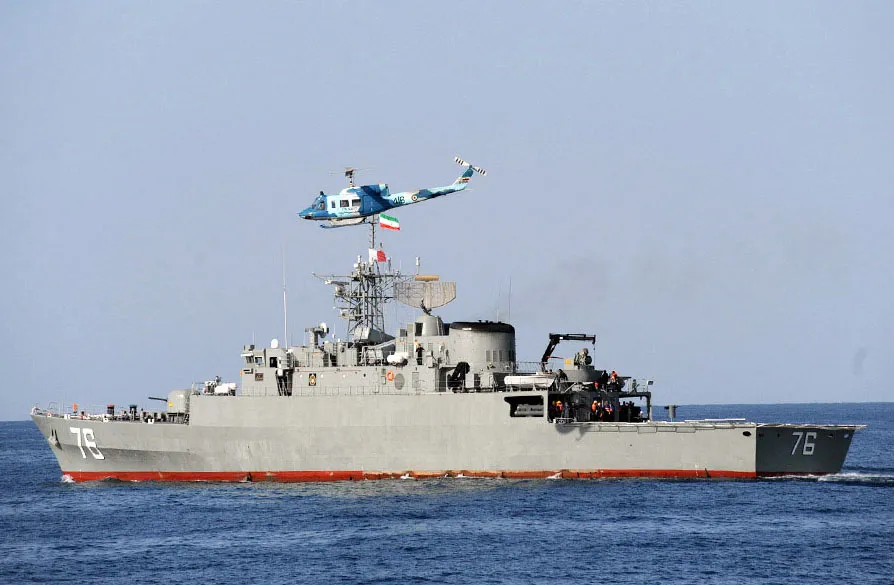The Russian Foreign Ministry issued a statement Nov. 6 calling for an immediate ceasefire in Gaza and the convening of an international peace conference aimed at reaching a political settlement of the Israel-Palestine conflict.
“As a result of the unprecedented escalation of violence in the Palestinian-Israeli conflict, calls for collective actions to deescalate the situation in the Middle East, including the holding of an international conference, are being heard more persistently,” the Foreign Ministry said. “The Russian Federation actively supports this aspiration and has always backed the need for a multilateral approach to the Middle East settlement issue.”
The Foreign Ministry is emphatic that “the priority objective today is to cease the military action in Gaza, ensure the protection of civilians, deliver humanitarian aid to all those in need and free all hostages as soon as possible,” or radicalization, more terrorism and spreading conflict are a real risk.
The statement concentrates, however, on how to proceed towards actual peace.
“It is time to start creating an environment that will allow for the resumption of the Palestinian-Israeli peace process,” it argues. That includes ensuring that the parties do not engage in unilateral actions such as “the absorption of settlements on the West Bank, trampling over the shrines in Jerusalem, and inciting violence and terrorism. Ensuring inter-Palestinian national unity based on the Palestine Liberation Organization, which allows for the recognition of Israel and a negotiated resolution on a package of issues on a final status, is desperately needed in the current situation.”
The statement notes that Russia has long championed the need for an international conference on an Arab-Israeli settlement, initiating in 2007 a call for such a conference which was adopted in UN Security Council resolution 1850 (2008). Here, the statement gets very interesting, suggesting that “the experience of cooperation gained as part of the Madrid Process, which kicked off in October 1991,” be used as a reference for today’s efforts, in two specific ways: its “comprehensive approach to search for ways to overcome regional challenges,” including both a direct dialogue between the Israelis and the Palestinians, and holding multilateral talks on issues of security, refugees, and “economy and water resource distribution.”
Russia proposes now that ministerial consultations be held so that the region’s states can coordinate their approaches towards that peace process, emphasizing “the central role of the Middle East states in resolving the region’s issues,” the Foreign Ministry states. Prior to the immediate crisis, political-diplomatic efforts had stabilized relations between Saudi Arabia and Iran, brought Syria back into the League of Arab States, and was building, step-by-step, a dialogue between Damascus and Ankara, they note, clearly referencing both China and Russia’s role in mediating these efforts. “Third parties must not be allowed to exploit the unraveling Palestinian-Israeli confrontation to break these positive trends and plunge the region into chaos.”
(For more on the Madrid and succeeding Oslo Processes, see Harley Schlanger’s presentation on The LaRouche Organization’s Nov. 4 Manhattan Dialogue show.



